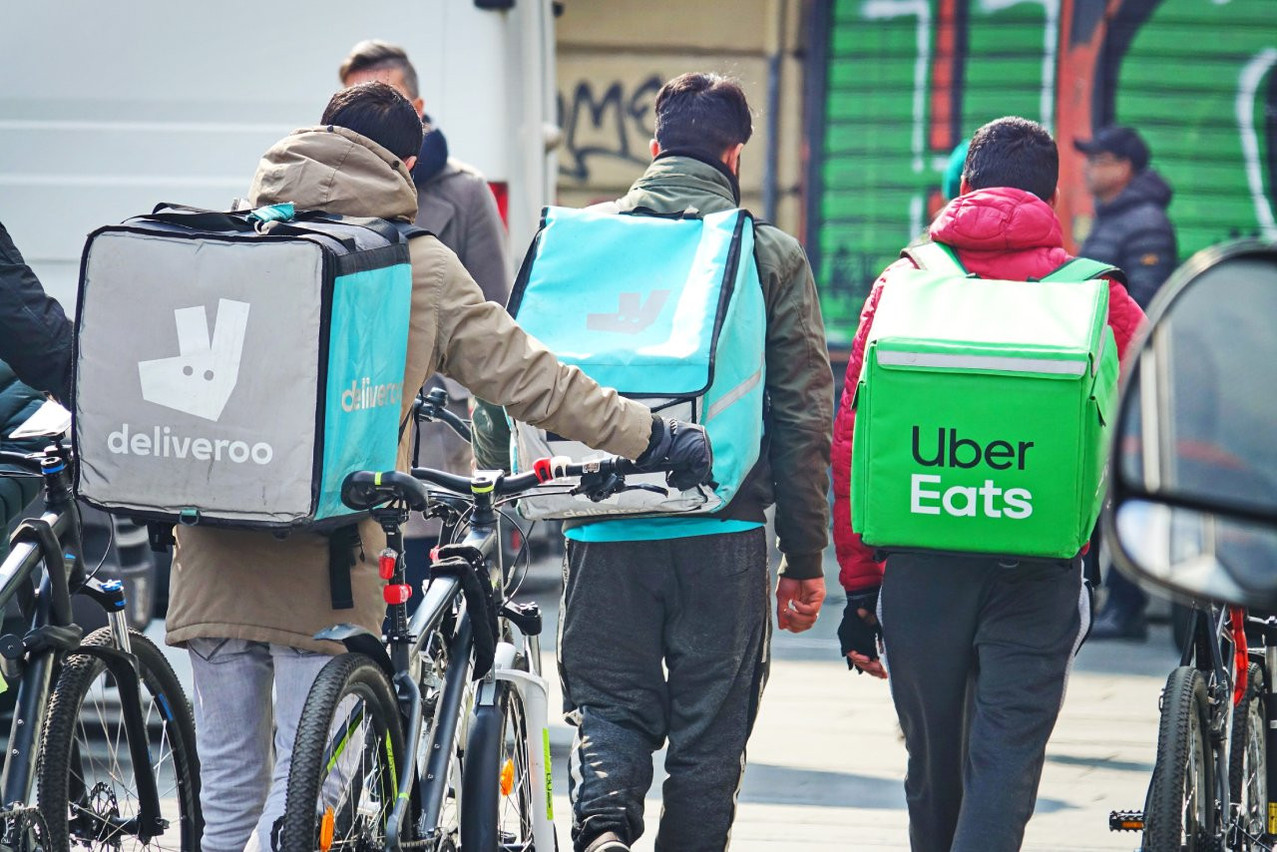The agreement reached by the European labour ministers on 11 March is both a victory and a surprise. It was certainly hailed as a victory by the Belgian presidency of the EU Council, which posted on its X account: “Better working conditions for those delivering your meal at home! Ministers just approved the compromise text on the Platform Work Directive. This will improve the rights and conditions of more than 28.5m Europeans working in the #PlatformWork economy.”
But it also comes as a surprise, given the obstacles and U-turns in recent months. On 13 December 2023, for example, the European Parliament and member states triumphantly announced that they had reached an agreement on the 2021 directive, with European Commissioner expressing his delight before the Chamber of Deputies soon after. On 22 December, however, the house of cards collapsed: 12 member states, led by France, killed the draft, stating that it varied too sharply from the council’s original version of the directive.
Country by country
This new version, which got the green light from 25 out of 27 countries, gives individual member states the freedom to formulate their own criteria for employee status--rather than setting one standard to be applied across the EU. Nevertheless, , the text ensures “minimum standards of protection” for platform workers.
Such workers will thus be able, if they wish, to challenge their own self-employed status by invoking the “presumption of salaried status” mechanism. The onus will then lie with the platform in question to demonstrate the absence of an employment relationship.
The two states against this version are France and Germany.
Luxembourg labour minister commented, via a press release on 12 March, that “the directive should ensure a balance between the protection of people who work on digital platforms and who find themselves in a vulnerable situation, and the development of new business models that take advantage of the opportunities offered by digitisation.”
Pushback from Uber and Move EU
Unsurprisingly, Move EU--an on-demand mobility lobbyist that counts Uber and Bolt as members--came out against the directive: “This text, though an improvement from previous versions, fails to achieve a harmonised approach across the EU, creating even more legal uncertainty for ride-hailing drivers,” said its president, Aurélien Pozzana, in a statement.
“Uber is now calling on EU countries to introduce national laws to give platform workers the protection they deserve while maintaining the independence they prefer,” said the Californian giant in reaction. Uber is still not allowed in Luxembourg, following discussions that have ground to a standstill. has been the company’s “taxi,” rather than its food delivery, service.
It isn’t yet clear if this directive will make a difference on that point. The government coalition has left the door open, however, having written in its agreement: “Chauffeur-driven hire cars (VLC), such as Uber and similar services, will be authorised in Luxembourg provided that the drivers have a licence and that they benefit from social security cover and protection under labour law.”
More human supervision
The directive also addresses how delivery drivers are given missions, calling for more human supervision.
“The directive will make the use of algorithms in human resources management more transparent, ensuring that automated systems are monitored by qualified staff and that workers have the right to contest automated decisions,” says the EU Council in its statement. “It will also help correctly determine the employment status of persons working for platforms, enabling them to benefit from any labour rights they are entitled to.”
This article in Paperjam. It has been translated and edited for Delano.
